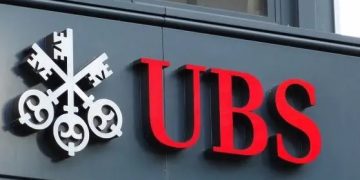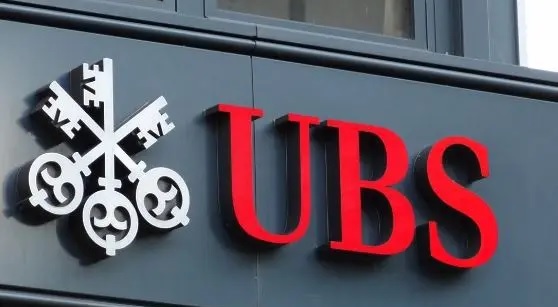By John Ikani
Switzerland’s largest bank, UBS Group AG, announced a significant decline in profits for the first quarter of the year, citing an increase in provisions for a longstanding litigation matter.
The bank is facing a challenging time following the recent takeover of former rival Credit Suisse.
According to a UBS-conducted poll, the bank’s net profit attributable to shareholders stood at $1.03 billion, falling short of the $1.71 billion estimated by 15 analysts.
The bank also revealed that it had set aside $665 million to cover provisions related to US residential mortgage-backed securities litigation.
Chief Executive Sergio Ermotti acknowledged the legacy matter that has persisted for 15 years, stating that the bank is currently in advanced discussions with the US Department of Justice to resolve the matter.
Ermotti, who has recently rejoined the bank to steer the takeover, expressed optimism that the matter would soon be resolved.
Despite the legal challenges, UBS reported impressive inflows of $42 billion in the first three months of the year, making it the world’s largest wealth manager.
Its flagship wealth management division received $28 billion in net new money, $7 billion of which came in the last ten days of March.
This marks a significant achievement for the bank, considering the ongoing turbulence in the global banking sector.
The recent takeover of Credit Suisse was an unexpected move that caught the financial world by surprise.
Credit Suisse had been plagued by scandals and faced significant client defections.
As part of the deal, UBS agreed to take over the ailing bank for 3 billion Swiss francs and to assume up to 5 billion francs in losses.
However, the latest report from Credit Suisse indicates that the bank is still grappling with significant outflows, with 61 billion francs ($68 billion) in assets leaving the bank in the first quarter of the year alone.
The news underscores the challenges faced by UBS, but with a newly reunited leadership team and a resilient wealth management division, the bank is well-positioned to weather the storm and come out stronger in the long run.




































